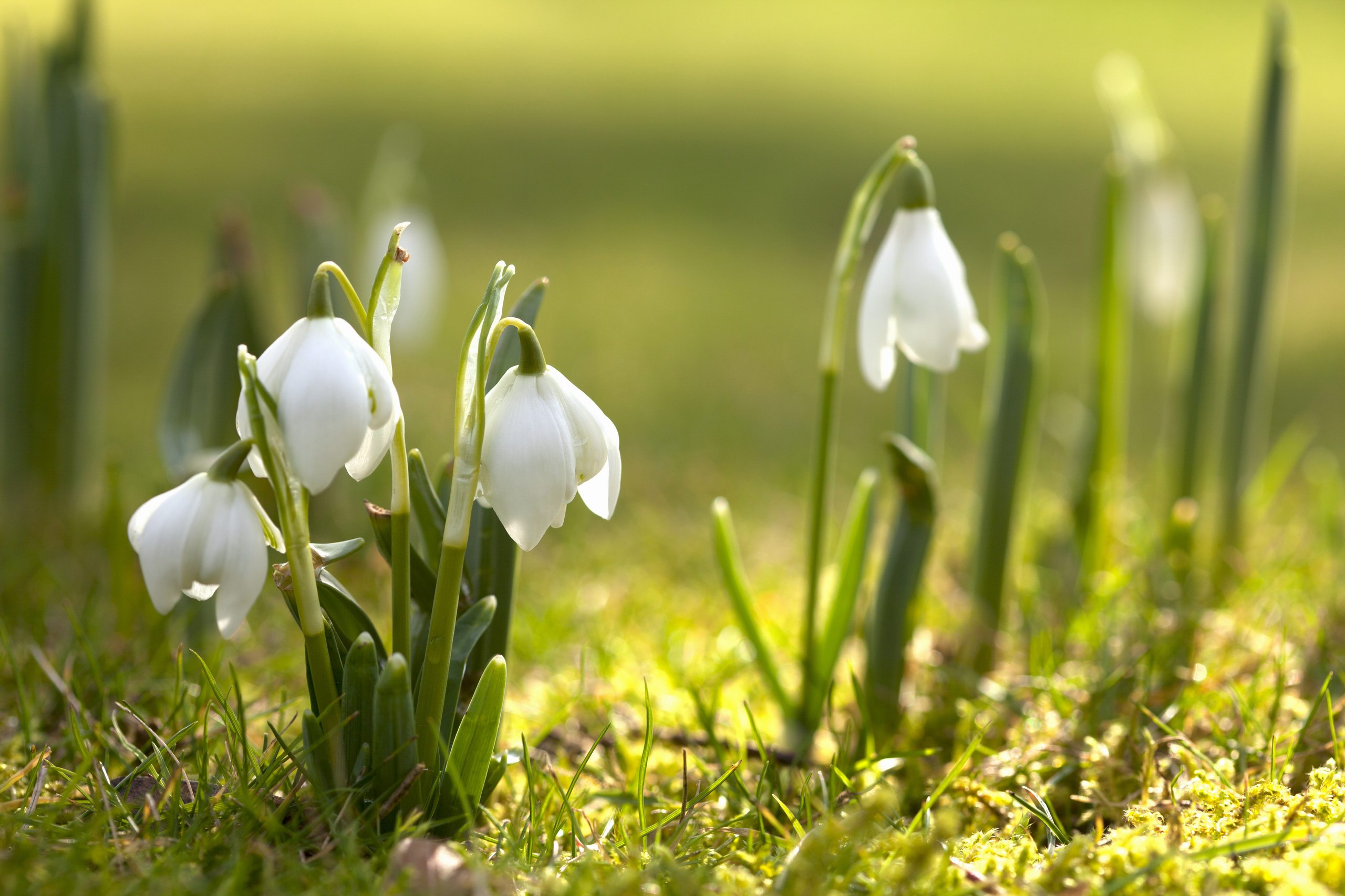Schumann’s Musical Descent into Insanity
On Monday, we listened to Robert Schumann’s Symphony No. 1 “Spring,” a sunny piece written in the “springtime” of Schumann’s life, shortly after his marriage to Clara. Now let’s hear a different, darker side of Schumann: two strange, haunting works from the final years of the composer’s life, written as he descended into insanity. It’s now believed that Schumann suffered from tertiary syphilis, a disease which appeared gradually over time and produced a host of …




